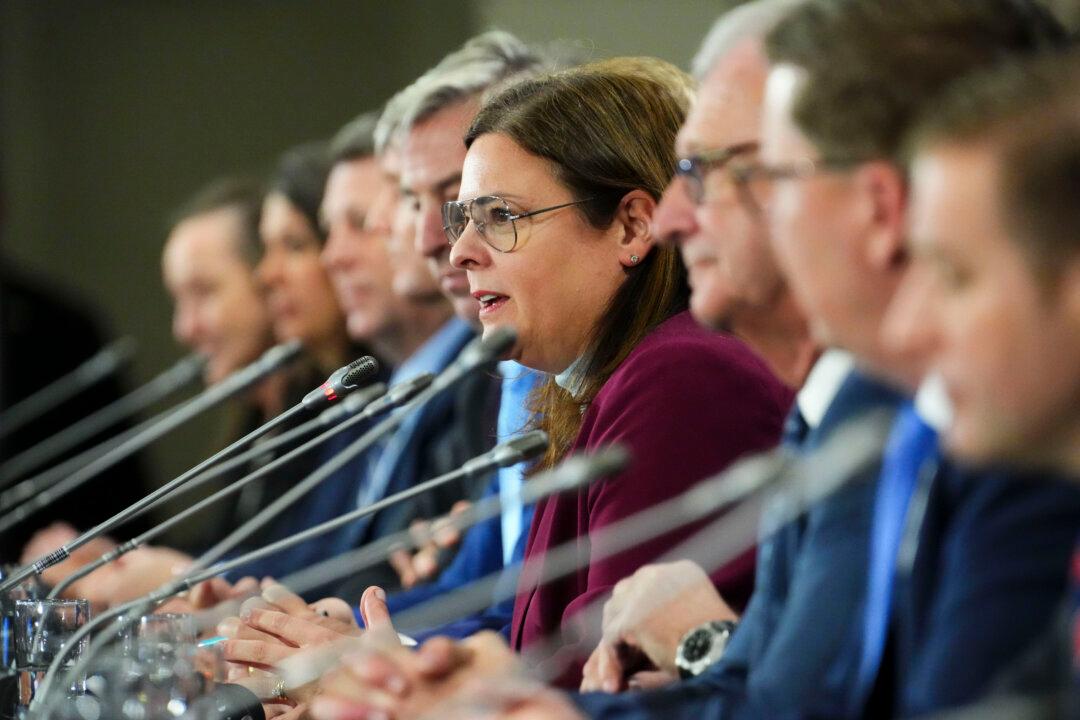The three Prairie premiers have issued a joint statement demanding that Prime Minister Justin Trudeau confirm that his justice minister didn’t speak for the federal government when he told First Nations chiefs he would look into a request to rescind those provincial governments’ jurisdiction over natural resources.
The April 11 joint statement said Trudeau “needs to tell Canadians today that federal Justice Minister David Lametti was not speaking on behalf of the federal government when he said he would look at rescinding the 1930 Natural Resources Transfer Agreements with the Prairie provinces and strip away their constitutional authority and control over natural resources.”





